Which Statement Explains Why Pseudomonas Aeruginosa Rarely Causes Disease?
Which statement explains why pseudomonas aeruginosa rarely causes disease?. Pseudomonas infections are diseases caused by a bacterium from the genus Pseudomonas. Complications of Pseudomonas Aeruginosa If a wound in the foot leads to an untreated pseudomonas infection it could lead to infection in the bones according to. They usually do not cause.
Pseudomonas infection is especially prevalent among patients with burn wounds cystic fibrosis acute leukemia organ transplants and intravenous-drug addiction. It causes between 10 and 20 of infections in most hospitals. People with cystic fibrosis burn victims individuals with cancer and persons infected with HIV are particularly at risk of disease resulting from Pseudomonas aeruginosa.
Pseudomonas is a type of bacteria germ that is found commonly in the environment like in soil and in water. Pseudomonas aeruginosa is an opportunistic pathogen affecting immunocompromised patients. It is a multi-organ disease however up to 95 of morbidity and mortality is caused by airway infections and the associated inflammation 2.
It causes between 10 and 20 of infections in most hospitals. This versatility enables it to respond to variable and frequently adverse environmental conditions. The bacteria are found widely in the environment such as in soil water and plants.
Pseudomonas aeruginosa has emerged as an important pathogen during the past two decades. Biology mechanisms of virulence epidemiology. Aeruginosa is a com-.
Pseudomonas aeruginosa is a versatile gram negative bacterium that grows in soil marshes and coastal marine habitats as well as on plant and animal tissues. Pseudomonas aeruginosa is among the more common causes of infec - tions in the hospital setting. You may need to take different antibiotics if you have Pseudomonas.
These infections are associated with significantmorbidityandhealthcareexpendituresespeciallywhen receipt of appropriate antibiotic therapy is delayed. Due to a range of mechanisms for adaptation survival and resistance to multiple classes of antibiotics infections by P.
You may need to take different antibiotics if you have Pseudomonas.
Pseudomonas infections are diseases caused by a bacterium from the genus Pseudomonas. They usually do not cause. Pseudomonas aeruginosa is among the more common causes of infec - tions in the hospital setting. Pseudomonas can be difficult to treat as its resistant to commonly-used antibiotics like penicillin doxycycline and erythromycin. Complications of Pseudomonas Aeruginosa If a wound in the foot leads to an untreated pseudomonas infection it could lead to infection in the bones according to. The bacteria are found widely in the environment such as in soil water and plants. It is known as the leading cause of morbidity and mortality in cystic fibrosis CF patients and as one of the leading causes of nosocomial infections. Pseudomonas infections are diseases caused by a bacterium from the genus Pseudomonas. You may need to take different antibiotics if you have Pseudomonas.
Pseudomonas can be difficult to treat as its resistant to commonly-used antibiotics like penicillin doxycycline and erythromycin. Due to a range of mechanisms for adaptation survival and resistance to multiple classes of antibiotics infections by P. Complications of Pseudomonas Aeruginosa If a wound in the foot leads to an untreated pseudomonas infection it could lead to infection in the bones according to. This versatility enables it to respond to variable and frequently adverse environmental conditions. You may need to take different antibiotics if you have Pseudomonas. Of the many different types of Pseudomonas the one that most often causes infections in humans is called Pseudomonas aeruginosa which can cause infections in the blood lungs pneumonia or other parts of the body after surgery. The bacteria are found widely in the environment such as in soil water and plants.















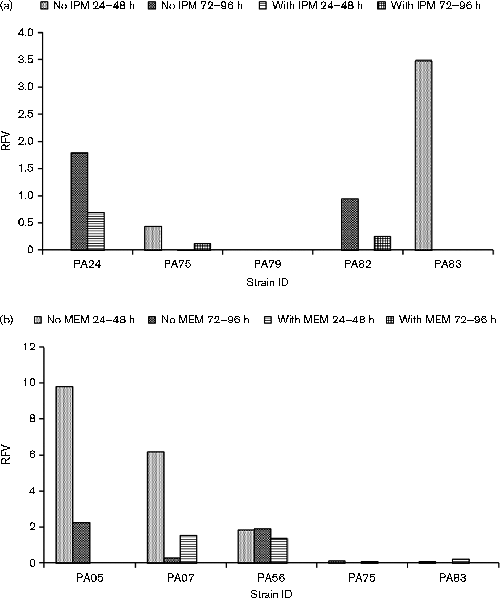



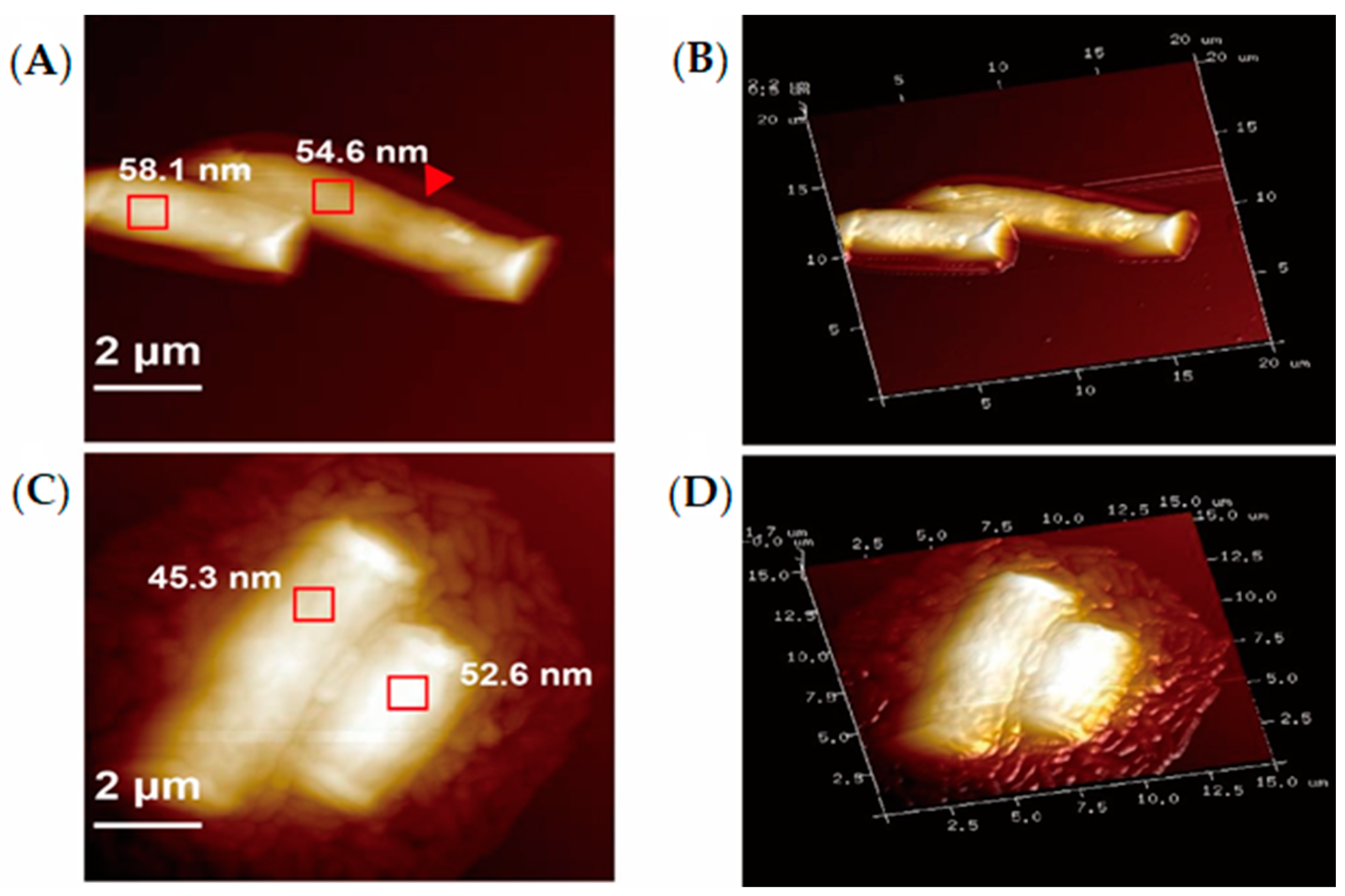

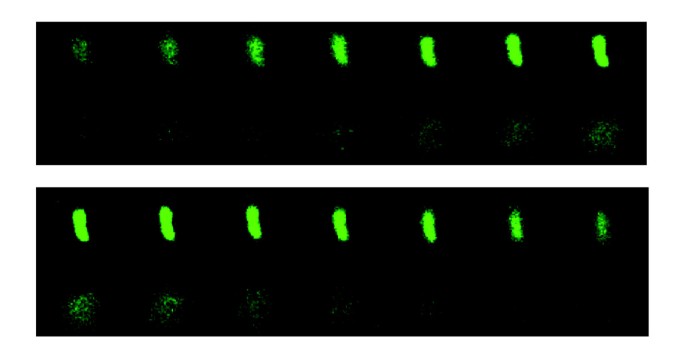


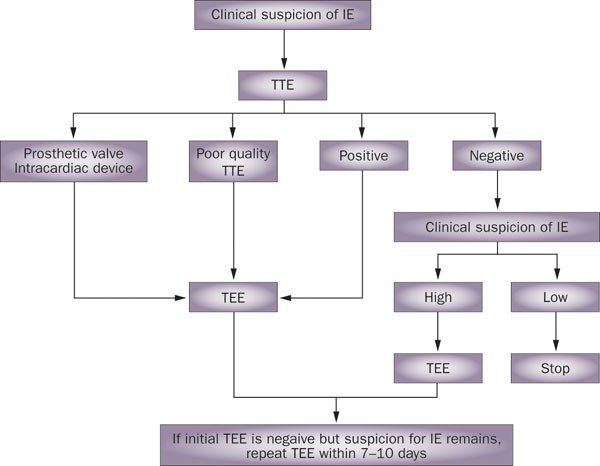
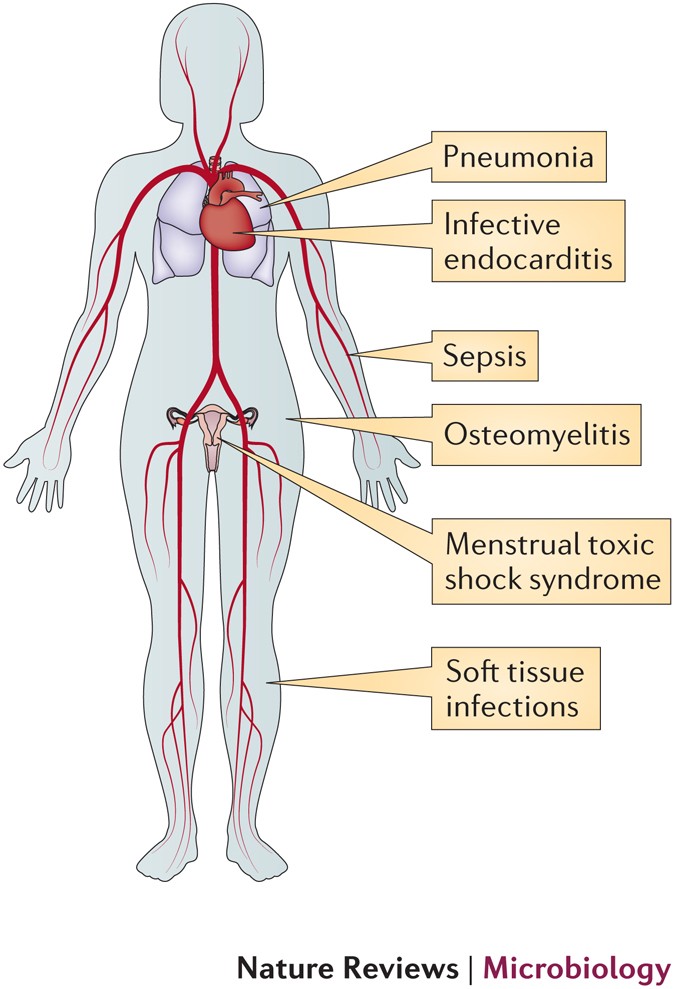

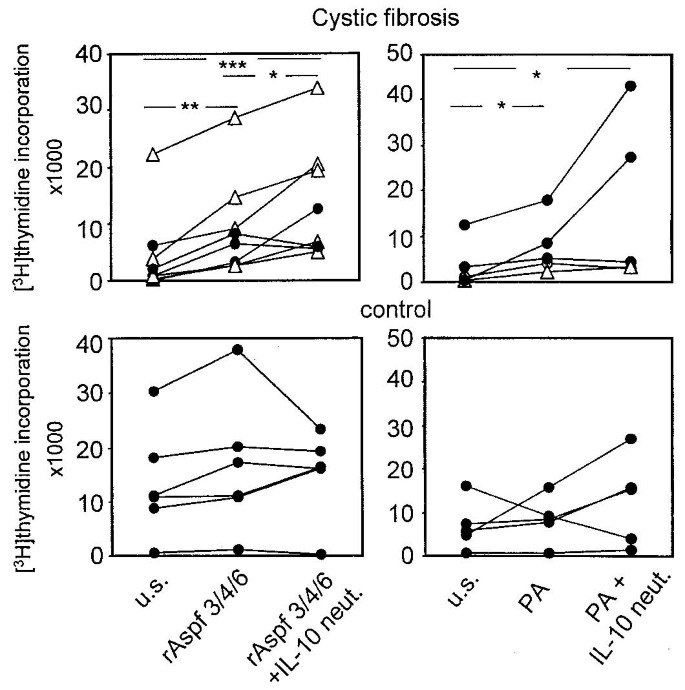

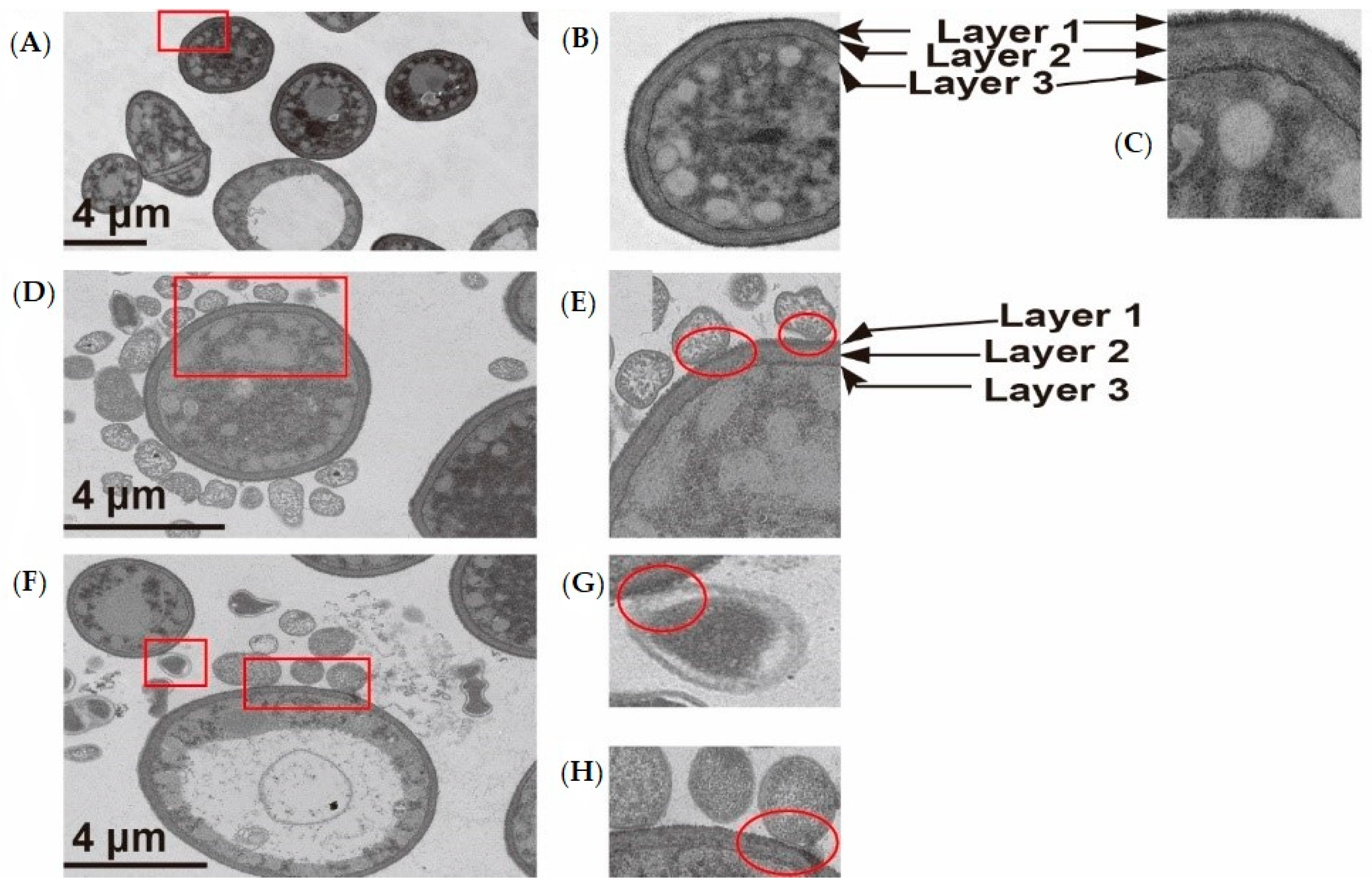
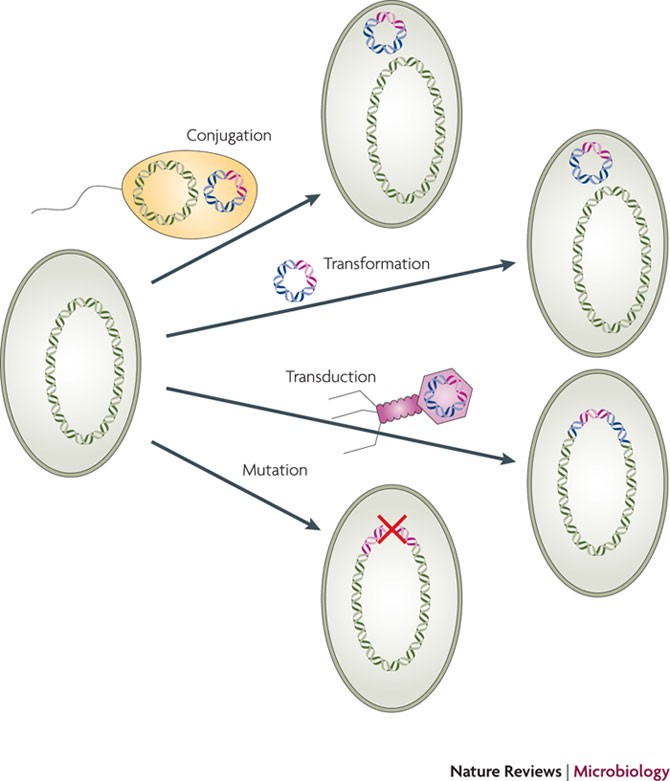

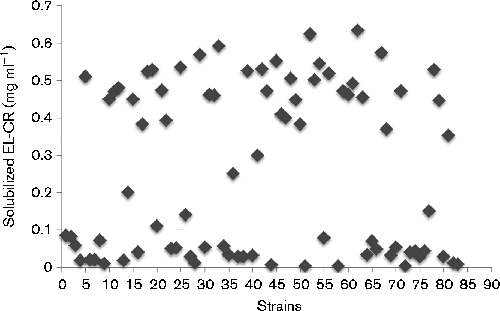

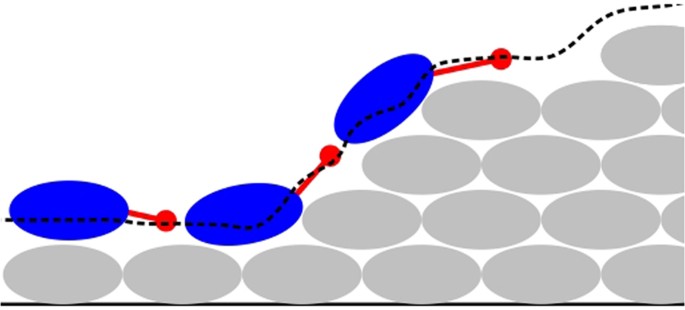
Post a Comment for "Which Statement Explains Why Pseudomonas Aeruginosa Rarely Causes Disease?"